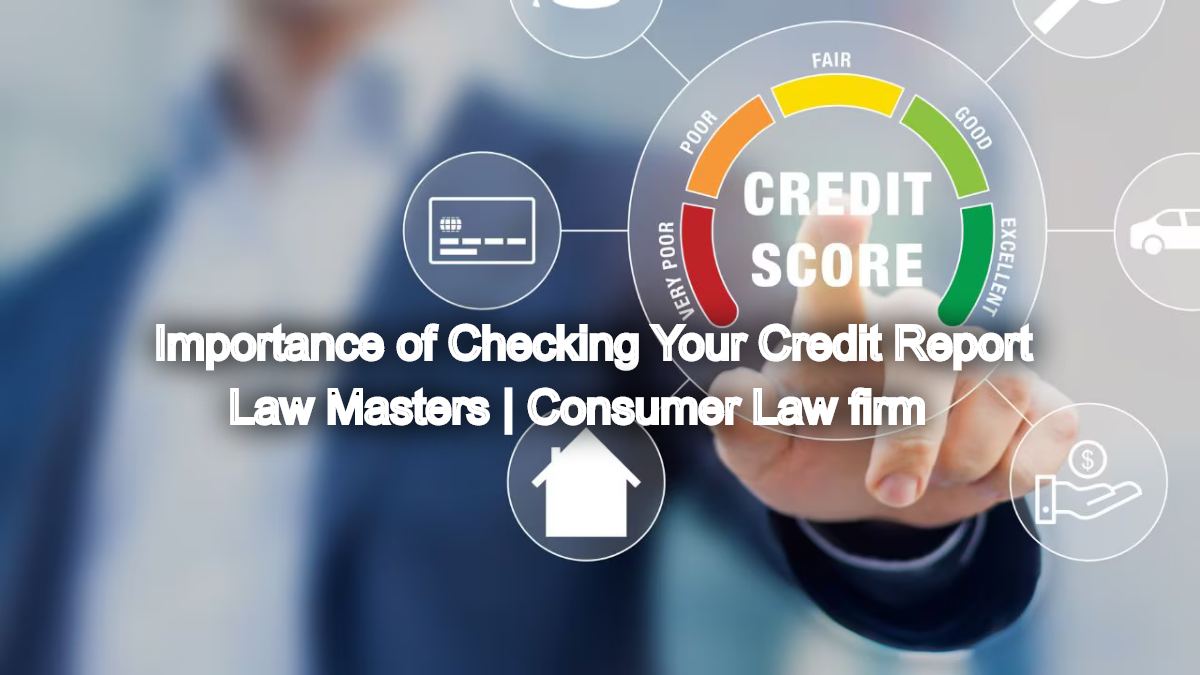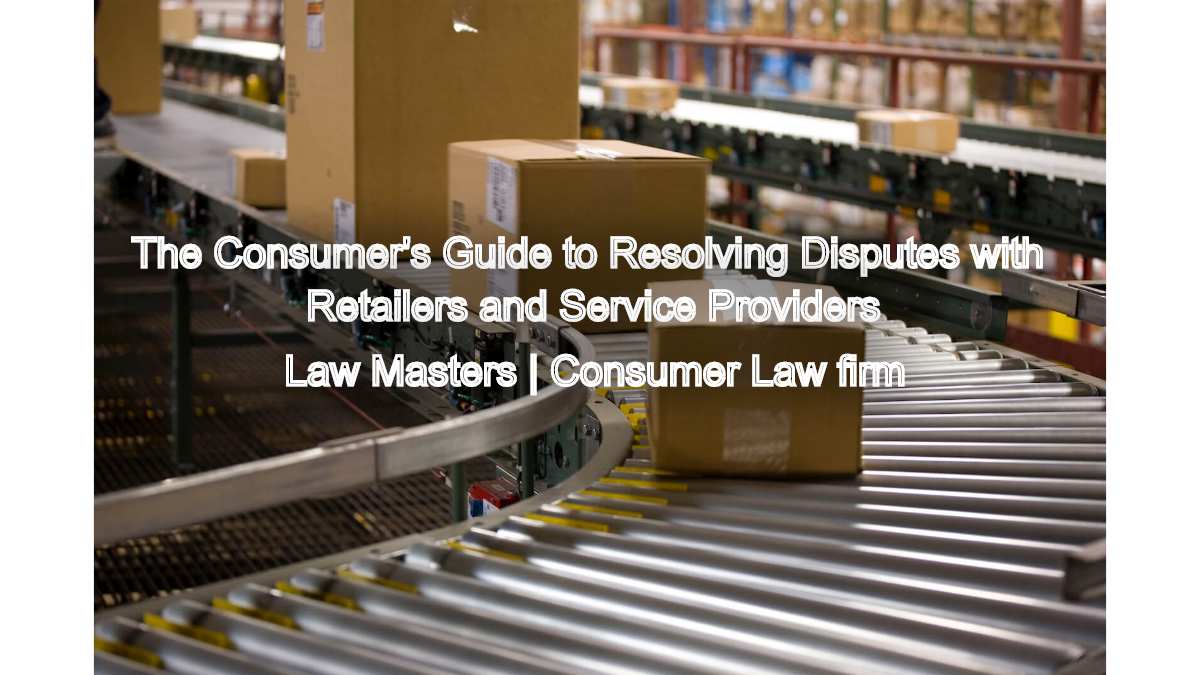Importance of Checking In today’s digital age, our financial information is constantly being collected, analyzed, and used by various entities. As a result, it’s crucial to maintain a healthy credit score and protect your financial identity. One essential step in this process is regularly checking your credit report. By doing so, you can identify potential errors, fraudulent activity, and other issues that could negatively impact your creditworthiness.
The Importance of Checking Your Credit Report Regularly: Law Masters | Consumer Law firm
Understanding Your Credit Report
A credit report is a detailed record of your credit history, including information about your credit accounts, payment history, and public records. This information is used by lenders to assess your creditworthiness and determine the interest rates and terms they offer on loans and credit cards.
Why Regular Credit Monitoring Matters
There are several compelling reasons why you should regularly check your credit report:
- Identifying Errors: Credit reports are not always accurate. Errors can occur due to data entry mistakes, identity theft, or outdated information. By reviewing your credit report, you can identify and dispute any inaccuracies.
- Detecting Fraudulent Activity: Identity theft is a growing concern. By monitoring your credit report, you can quickly detect signs of fraudulent activity, such as unauthorized credit accounts or fraudulent inquiries.
- Improving Your Credit Score: A good credit score can save you money on interest rates for loans, mortgages, and credit cards. By regularly checking your credit report, you can identify areas where you can improve your creditworthiness, such as paying bills on time and reducing credit card balances.
- Preventing Financial Loss: A poor credit score can lead to higher interest rates, limited credit options, and difficulty securing loans. By proactively monitoring your credit report, you can take steps to prevent financial hardship.
How to Check Your Credit Report
You can obtain your credit report from the three major credit bureaus: Equifax, Experian, and TransUnion. The right to a free credit report from each bureau once a year. You can request your free credit report through AnnualCreditReport.com.
The Role of a Consumer Law Firm
If you discover errors or fraudulent activity on your credit report, it’s important to take immediate action. A consumer law firm, such as Law Masters, can provide expert legal advice and representation to help you resolve these issues.
Consumer law attorneys specialize in protecting the rights of consumers. They can assist you in:
- Disputing Errors: If you find inaccuracies on your credit report, a lawyer can help you dispute them with the credit bureaus.
- Investigating Fraudulent Activity: If you suspect identity theft or other fraudulent activity, an attorney can help you investigate the matter and take appropriate legal action.
- Negotiating with Creditors: If you are struggling to pay your debts, a lawyer can negotiate with creditors to reach a settlement or create a payment plan.
- Filing Lawsuits: In some cases, it may be necessary to file a lawsuit against a creditor or debt collector. A lawyer can represent you in court and fight for your rights.
FAQs
It’s recommended to check your credit report at least once a year. However, if you’ve recently applied for credit, experienced a data breach, or suspect identity theft, you may want to check it more frequently.
Common errors on credit reports include incorrect personal information, inaccurate account information, late payments that were never late, and accounts that don’t belong to you.
To dispute errors on your credit report, you can submit a dispute letter directly to the credit bureau. It’s helpful to include any supporting documentation, such as receipts or canceled checks, to prove your case. You can also seek assistance from a consumer law firm to help you navigate the dispute process.
A consumer law firm can provide expert legal advice and representation to help you resolve credit report disputes. They can help you identify errors, gather evidence, and negotiate with credit bureaus to correct inaccuracies. In some cases, they may need to file a lawsuit to protect your rights.
To protect your credit report from identity theft, you can take several steps, including:
Monitor your credit report regularly.
Use strong, unique passwords for your online accounts.
Be cautious about sharing personal information online.
Consider a credit freeze, which can prevent creditors from accessing your credit report without your permission.
Conclusion
By regularly checking your credit report and seeking legal assistance when needed, you can protect your financial future. Law Masters is committed to helping consumers navigate the complex legal landscape and achieve positive outcomes. Don’t let credit report errors or fraudulent activity damage your financial well-being. Take action today and safeguard your credit.
Read More
- Resolving Billing Errors and Disputes: Steps to Take as a Consumer
- How to Handle Disputes with Credit Card Companies and Unauthorized Charges
- Understanding the Fair Credit Reporting Act (FCRA) and Fair Debt Collection Practices Act (FDCPA)
- Protecting Your Identity: Preventing Identity Theft and Fraud
- The Dos and Don’ts of Dealing with Credit Reporting Agencies
- Department of Consumer Affairs:



